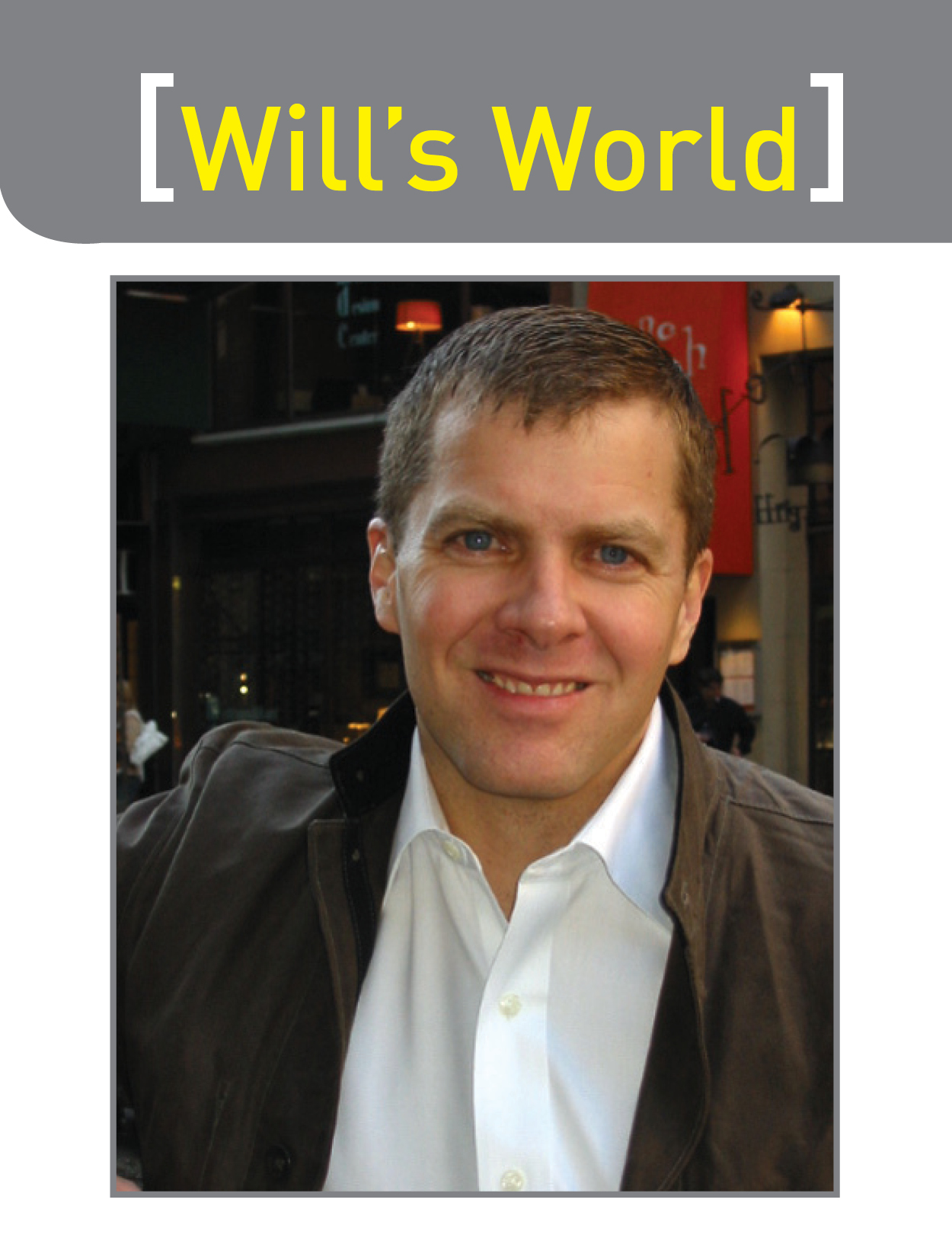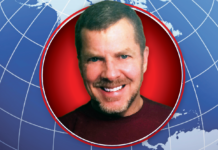By Will Carlin
TEM: Fall 2001. Vicky Botwright auctions off a thong for £310. She sells it to a man in Hong Kong and presents it to him two weeks later when the women’s tour has an event in Hong Kong. The presentation makes international news.
ITEM: Same event where the auction takes place, 2001. An exhibition match between Botwright and Cassie Jackman and another featuring Peter Nicol raises over £5,000. The players take home nothing. The event makes no news.
ITEM: Two weeks ago, 2007. An exhibition evening featuring Nicol (again), Stefan Casteleyn (the current 6.5 National Champion), former World No.3 Linda Elriani, her husband Laurent Elriani (current world no.78 and a member of the French national team), former World No.5 Fiona Geaves and Heights Casino head pro, Julian Wellings, raises over $15,000 almost exclusively through the generosity of the membership of the Heights Casino. Again, the players take home nothing.
Though almost six years apart, all three of these items are part of the same story. It is a story that started with an international news story that seemed like the story of a fetish, but actually is about something different altogether.
In order to fully comprehend it, imagine for a moment that as an eight-year-old boy named John, you found this neat club 500 yards down the road from where you lived. Inside this small but welcoming club, you found a squash court, and once you got on it, you couldn’t get off. Your growing love of the game was rewarded with national titles in the British Under 12’s and the Under 16’s. You showed such promise that you turned pro at 17 and started steadily working your way up both the national and world squash ladders. Along the way, you notched wins over future top-10 Martin Heath and future number one, John White.
Imagine that over the course of a few months, you started feeling lightheaded on a regular basis. They weren’t really headaches, but you took some Advil, anyway, got relief, and didn’t think too much of it. But the lightheadedness kept coming back, and over time, they were paired more and more with headaches. One day, when your head was hurting badly and you were dizzy, you also started to vomit. Before you knew it, you were in the hospital, and they were telling you that you had to have emergency surgery on your brain. When you went to the ER, you were thinking about how long it might be before you could get back on the court. Now, you were thinking about survival.
Imagine that when you woke up, they told you that you had a very rare brain tumor, but that they thought it would respond well to radiotherapy. So you started the long road to recovery: a month of radiotherapy accompanied by your hair falling out, incredible weakness and fatigue and eight long months in the hospital. All this, of course, was expensive, and so a few friends from the squash world started playing exhibition matches and, yes, selling thongs, all to help you pay your bills.
Imagine that, in time, you made it through all that, and though you never again were the same squash player, you were alive and on the mend. You started looking into coaching, and, eventually, you found yourself at The Heights Casino, where you found satisfaction in helping American juniors start down the same squash path you yourself once did. Life was good. Except that after long days of teaching, your back was occasionally sorer than it should have been, and you were slightly upset that you seemed to have developed sciatica.
Imagine getting a letter from your neurosurgeon back in England telling you that after five years of having your brain tumor stay the same size that you were effectively cured. So, with that good news, you decide to have your sciatica looked at once and for all.
Imagine that, upon further investigation, your back pain is not from sciatica at all. It is, instead, two tumors in your back that are pressing against your spinal cord. When they look further, they find that the tumors are part of an overall problem that includes the tumor in your brain. And it all is malignant. You fly back to England to be treated at the same New Castle hospital and to seek solace and comfort from your mother, who shepherded your father through Parkinson’s disease, and now takes care of you with everything she has. You start new treatments of chemotherapy, and you resolve to battle again.
Imagine that the costs keep mounting, as fighting cancer is expensive and prevents you from working. And then you find out that your squash friends really are more than that; they are family, and they rally around you again. This time spearheaded by Julian Wellings and Peter Nicol, they get donations from the people who knew you at the Casino and from people who didn’t.
They send you funds, they send you email, they keep up your spirits. And, for the moment, it is working. The doctors tell you that they should know something definitive after four rounds of chemo, and you are through two right now. So you fight on.
I spoke with John this evening, but I had to wait until he got home from swimming 30 laps in his neighborhood pool. “The chemo has not been so bad,” he reports, “And I am going to fight this thing through. Please tell everyone that I am doing well, and that I can’t express enough how much their support means to me. I can’t wait to come back and see everyone again.”
This is the story of squash pro John Dale, good friends and the kindness of strangers all from the world of squash. Except for the thong, none of it has made the news.
Editor’s note: Donations to John are still being accepted in checks made out to The Heights Casino, c/o Head Pro Julian Wellings, 75 Montague Street, Brooklyn, NY 11201. Please put John Dale Fund in the memo.



